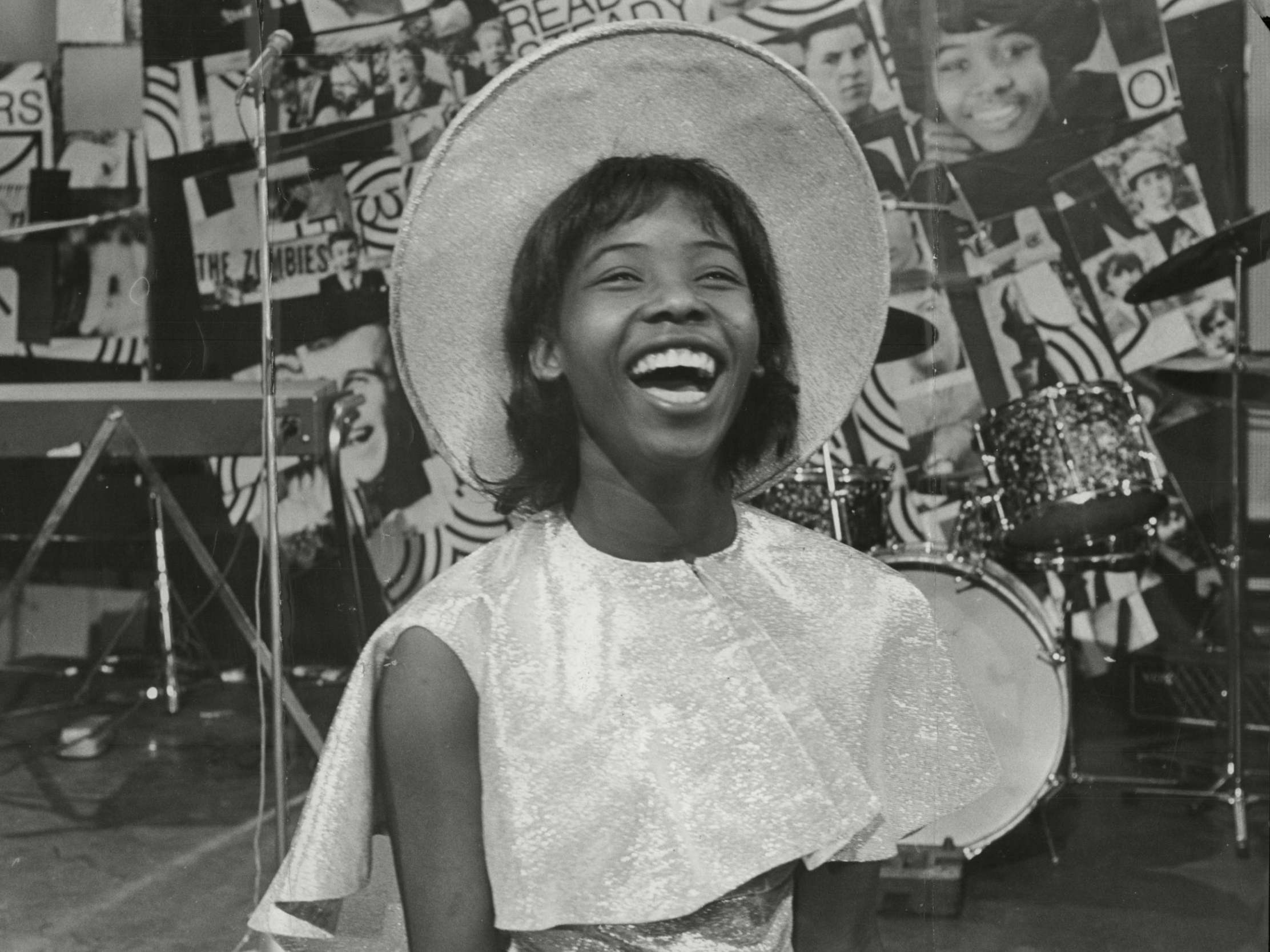

Millie’s last major single was a 1969 cover of Nick Drake’s “Mayfair” backed with “Enoch Power,” a protest song she wrote which addressed the ill-treatment of African and Caribbean immigrants in Britain.
MILLIE SMALL MY BOY LOLLIPOP 1965 TV
Her career whirlwind included TV appearances with A-list celebrities (from Beatles to Tony Bennett) and teen magazine gossip about her relationship with Peter Asher. She toured relentlessly, with Patti LaBelle and Otis Redding as opening acts. She shows the same authority in 1966 footage of her rehearsing with The Vanguards (with Norwegian guitarist Terje Rypdal and a pre-America Gerry Beckley).Īfter “Lollipop” Millie kept recording, including duets with notables like (then unknown) Jimmy Cliff. Footage of her 1965 Australian tour shows her spitfire footwork and charismatic presence as she commands a pick-up band. She transformed into a consummate entertainer and bandleader-a female James Brown.

He sent Millie, “the Bluebeat Girl,” to lessons in dance and diction. Like Berry Gordy at Motown, Blackwell groomed the talent he signed. Related: “Bill Withers’ ‘Naked and Warm’: An Overlooked Gem” Urban legend has it that a young Rod Stewart played the harmonica break, but it was actually session man Peter Hogman. “Lollipop” (a remake of a 1956 R’n’B single by Barbie Gaye) was recorded with London studio musicians conducted by Jamaican guitar maestro Ernest Ranglin. After scoring with “My Boy Lollipop,” Island became a financially vibrant label able to promote reggae to the world. She’d been cutting records in since age 12, starting with the legendary Coxsone Dodd. His first signing was the pint-sized 16-year old Jamaican Millie Small. In 1959, Island Records formed around Blackwell’s love of Jamaican ska and bluebeat music-the precursors of reggae. Otherwise, Cliff and Marley might have kept on doing backwater knock-offs of American R’n’B. Their career breakthroughs, however, happened after Chris Blackwell signed them to Island Records and urged them to elevate reggae into a fresh, progressive style. There’s no doubt that Jimmy Cliff and Bob Marley are the lions of Jamaican music, outstanding singer-songwriters who championed reggae’s impact on mainstream culture. Related: “Sixty-Minute Man: He’ll Rock You and Roll You” Sadly, we lost her in May 2020, so it’s worth revisiting her career. In the USA she was tagged as a novelty, but in truth, she was a catalyst in a chain of events that changed the course of popular music.

Singer-songwriter Millie Small is best known for her 1964 Top 10 hit “My Boy Lollipop,” the bouncy ear-candy that sold millions and made her the Caribbean’s first international pop star.


 0 kommentar(er)
0 kommentar(er)
